“Let your home be your mast and not your anchor.”
— Khalil Gibran
“‘Home’ is any four walls that enclose the right person.”
— Helen Rowland
“You Can’t Go Home Again”
— 1940 novel by Thomas Wolfe
Fleeing Summer Up the ICW
We left Hollywood Florida in mid-June when temperatures and humidity make outside living unbearable. Phil and I wanted a more temperate summer, where air temperatures drop at night and we could enjoy cocktails in the cockpit without roasting. Many “snowbirds” travel between homes in New England and Florida, but few take their homes with them.
It was late in the season to start up the ICW, and we knew it would be hot well into North Carolina. Our boat has air conditioning, but only if we are plugged in to a dock. We can also run A/C on the generator when we’re at anchor, but that can be annoying to others in the anchorage and makes it hard to sleep.
I took a week off to visit my sons and grandson in New Hampshire, leaving Phil at Titusville Marina where he could monitor rocket launches from the boat. So, we didn’t really get started until mid-July. We spent time with close friends in Melbourne, and four days in St. Augustine – one of our favorite ports – as I waited for shipment of a cancer drug I needed. Our amazing and generous friends there loaned us a car so we could pick up the package at St. Brendan’s Isle, an address cruisers know well.
The slow passage through “the ditch,” as the ICW is called, took weeks. It was hot, but the waterway winding through the wilderness in Georgia and the Carolinas is stunning, revealing a landscape so remote our own anchor light was the only light we saw after darkness fell. Stars blazed overhead at night, the bright Milky Way a smear of starlight across the dark canopy.
We were greeted by dolphins in anchorages so far from the ocean we wondered how in the world they got there. We saw egrets, ospreys and roseate spoonbills along the way, and noisy flocks of Canada geese. The spoonbills are lovely, pale pink and white like flowers. They do a strange dance when feeding, swaying their heads back and forth in the shallow water.
There were tall white shorebirds that could be Great Egrets or Great Blue Herons in white phase. (You have to see their leg color to tell the difference.) Dolphins seemed to swim with us unseen, just popping above the surface to delight us now and then at sunrise or just as we were dropping the anchor. Sometimes they had little ones with them, just two or three feet long.
Catmandu cruised through the quiet and lovely Waccamaw River, reminding me of Kipling’s “great gray-green greasy Limpopo River, all set about with fever trees.1” We didn’t love Morehead City Yacht Basin, but it was quiet compared to Mile Hammock anchorage, where giant military Osprey helicopters took off and landed in a deafening roar every ten minutes until midnight, looking like giant angry grasshoppers. The next day the calm of Adams Creek made up for it. We stopped at Oriental Inn and Marina, and made an appearance on their Facebook page.
Going north through the lock at Great Bridge, we were one of only three boats and planted a Catmandu sticker on the bumper piling. With ICW Mile 0 behind us, we headed through Norfolk listening to one very loud man on the radio yelling at boaters to slow down in the no wake zone. Weather turned windy and rainy at the mouth of the Chesapeake, pinning us in Deltaville for three days.
At Home in Annapolis
We arrived in Annapolis near the end of August. It was unusually cool. We had been wearing our sweatshirts since North Carolina and loved the fall in the air. Good friends from Fort Lauderdale took us to the airport the next day so we could fly down to retrieve our car and return with it on the Autotrain, an experience that deserves its own blog. Then, a week later, we were flying to Greece for a Catamaran sailing adventure with many friends, another blog. We didn’t have a chance to miss home; we were moving too fast for that.
The boat work didn’t start when it should have, and Catmandu (our real home) was still up on stands when we arrived back at the Port Annapolis boatyard. We stayed in a hotel for a week, then moved aboard, entering and exiting via a stepladder to the cockpit.
“It’s like living in a treehouse,” Phil observed. A week later, the boat work was done (the credit cards were severely abused), and we were finally back at home, in the water, ready to enjoy Annapolis. Our old friends gathered on our boat for docktails; we attended the Seven Seas Cruising Association (SSCA) gam2; worked in the SSCA booth at the Annapolis Boat Show; and made new friends. It was almost too “social” for me, but we felt a sense of belonging. It would be hard to leave.
Going Home to NH
New Hampshire is where I’ve spent the most time in my adult life, and where my older son lives with his wife and my grandchild, Lucas. We headed north for a long weekend visit on the occasion of Lucas’s first birthday. How could I resist?
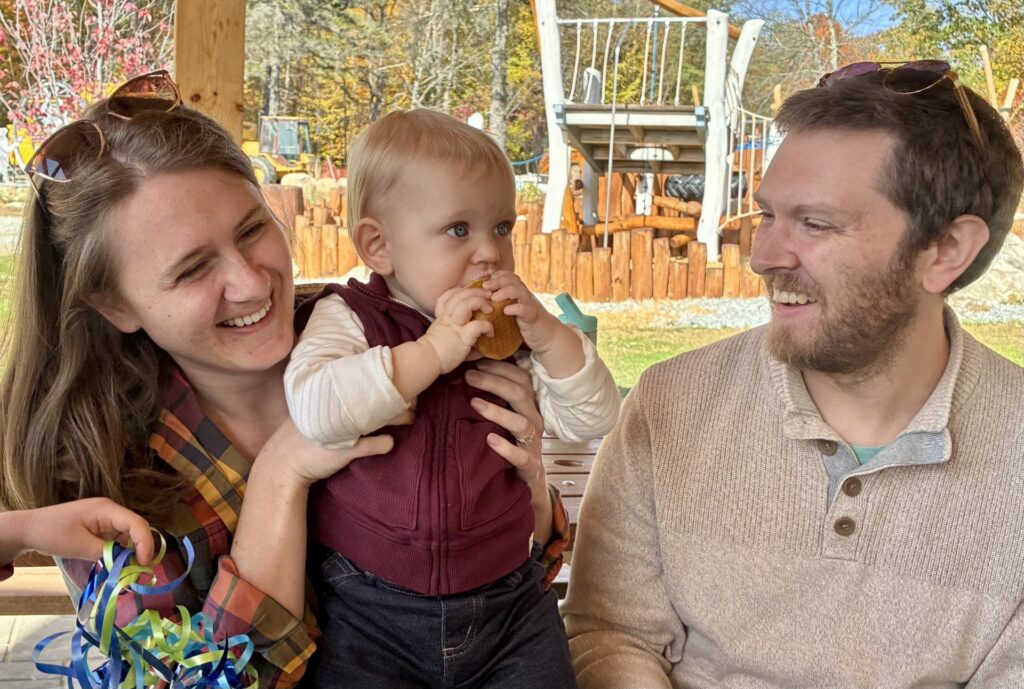
After a brief visit with my sister Janet in Connecticut, we drove through Vermont in mid-October, with the orange, yellow and red leaves of autumn on full display through the Green and White Mountains. I will never tire of this; fall in New England smells like hot apple cider and wood fireplaces. Leaves crunched underfoot as we walked through the orange woods to a clear, cold lake on a sunny Saturday morning.
“I hate to say it,” I said to Phil as we were heading south again, “But this feels like home to me.”
I cried silently the morning we left, hoping Phil didn’t notice as he drove down I-93 back to Maryland. We both knew winter would come eventually and neither one of us wanted to shovel snow or drive in it – or endure the freezing cold. Still, the sadness of leaving stayed with me for miles.
Going Home, Again
We spent just over 60 days at Port Annapolis Marina, enough to realize it was a place that welcomed boaters, specifically sailors, and a place where we could easily be at home. We have friends there and it is just a day’s drive from family. Plus, it has everything a live-aboard cruiser could want: peaceful rivers and coves to explore, a community of like-minded people, and a whole world of boat repair specialists. Perfect! Except, it also has Winter.
It was 7:20 on a chilly October morning in Annapolis when our beloved friends Dan and Jaye helped us cast off our lines. They took pictures as we left the dock and wished us well on our voyage home — that word again.
We were back on Catmandu, with its new coat of bottom paint and freshly repaired rudder and cutless bearing. We flew away from Annapolis with full sails out, speeding down the Chesapeake on a perfect day of sailing – wind on the beam, sunny skies, no engine on. It was, as Phil pointed out, the best and longest day of pure sailing we’ve ever had on our boat. We made it all the way to Solomon’s Island and burned maybe a tablespoon of diesel.
Now, we are heading south and fleeing winter. Our destination, Fort Lauderdale, may or may not be home, but it is a place where we settled years ago, had jobs, joined a sailing club, and still have many friends. It’s the location named on the transom of the boat, our hailing port.
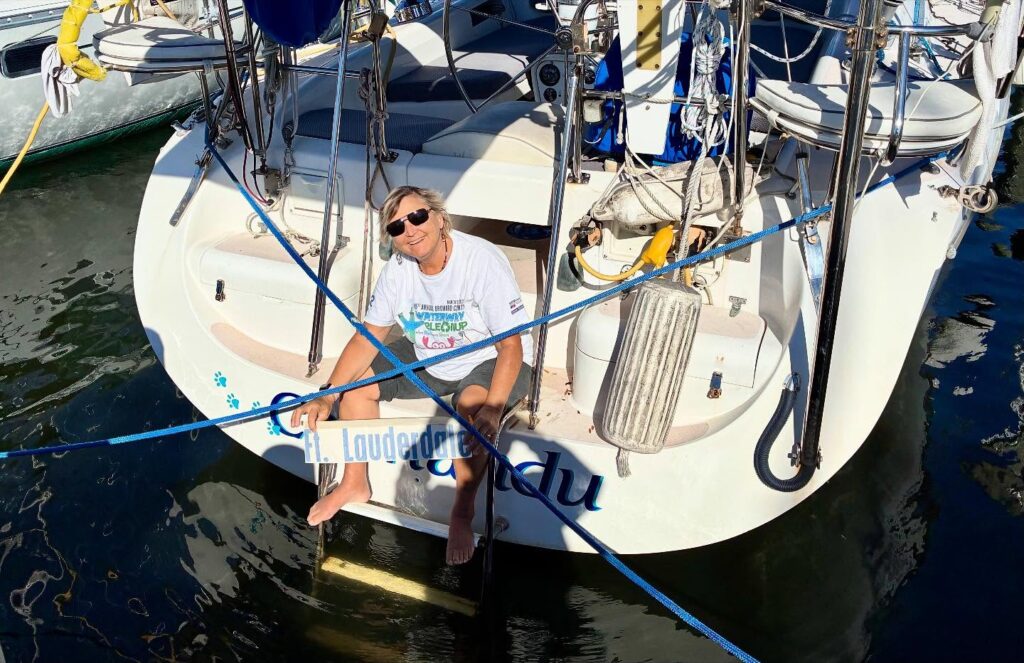
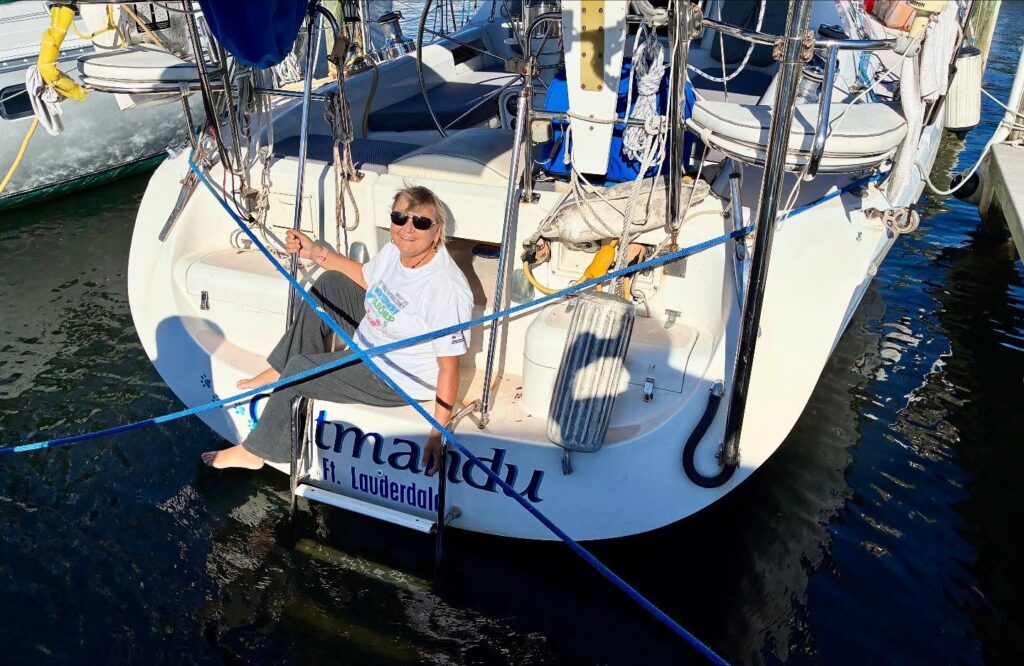
“So, where’s home?” people ask us when we meet at a marina or an anchorage. We usually look at each other because we don’t know the answer. Phil grew up in Minnesota; his family is there. I grew up all over the country; my family is scattered. Instead of explaining our complicated concepts of home, we blurt out whatever we are feeling at the time: Minneapolis, New Hampshire, Fort Lauderdale. Or, the best explanation:
“We live on our boat.”
Home is not always where the anchor drops. Home is where people who love you are sorry when you leave and delighted when you return. By that definition, we are blessed to have many homes: some we visit briefly and return to often, and some we visit rarely and treasure with our whole hearts. For me, home is where Phil is, on Catmandu, the home we bring with us.
Notes
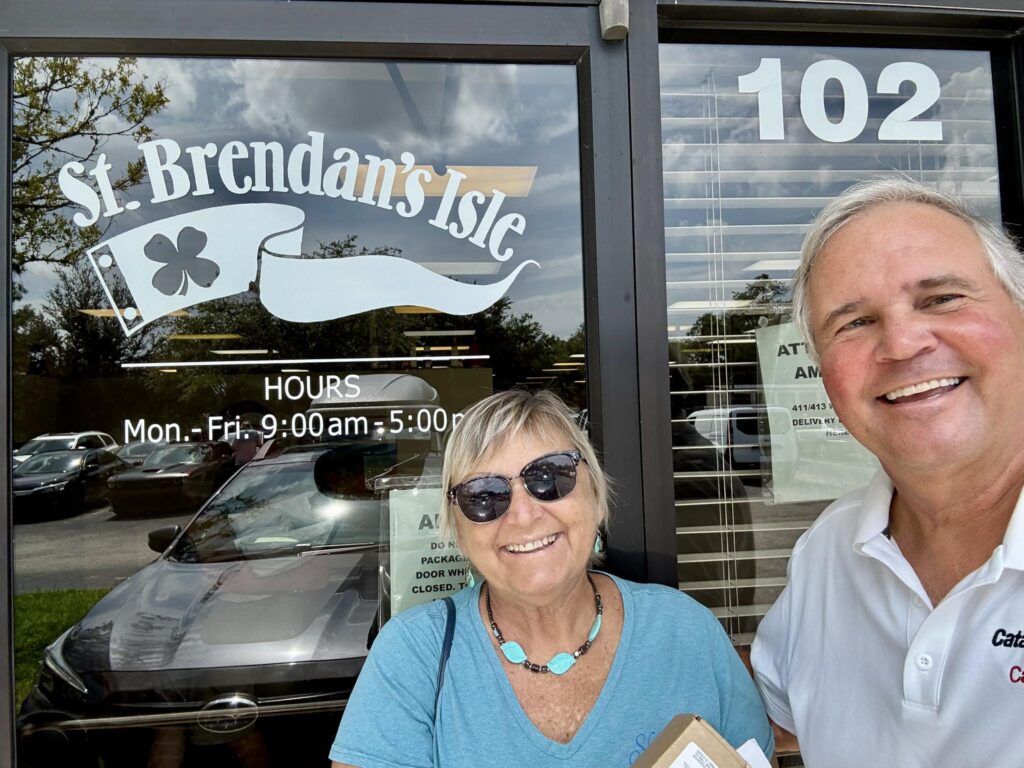
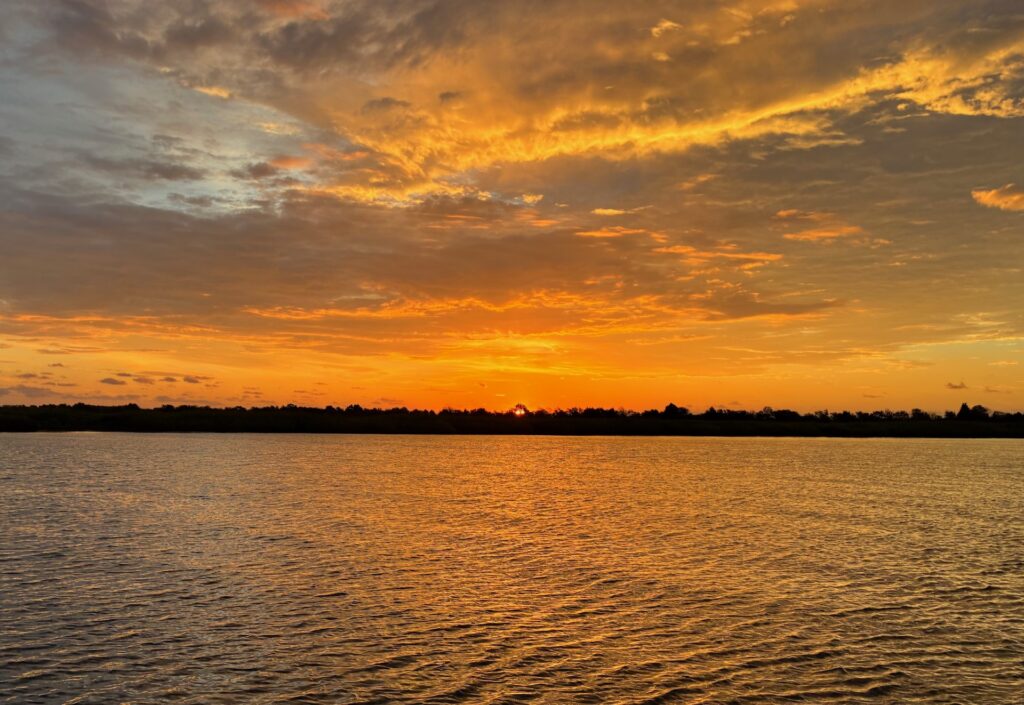
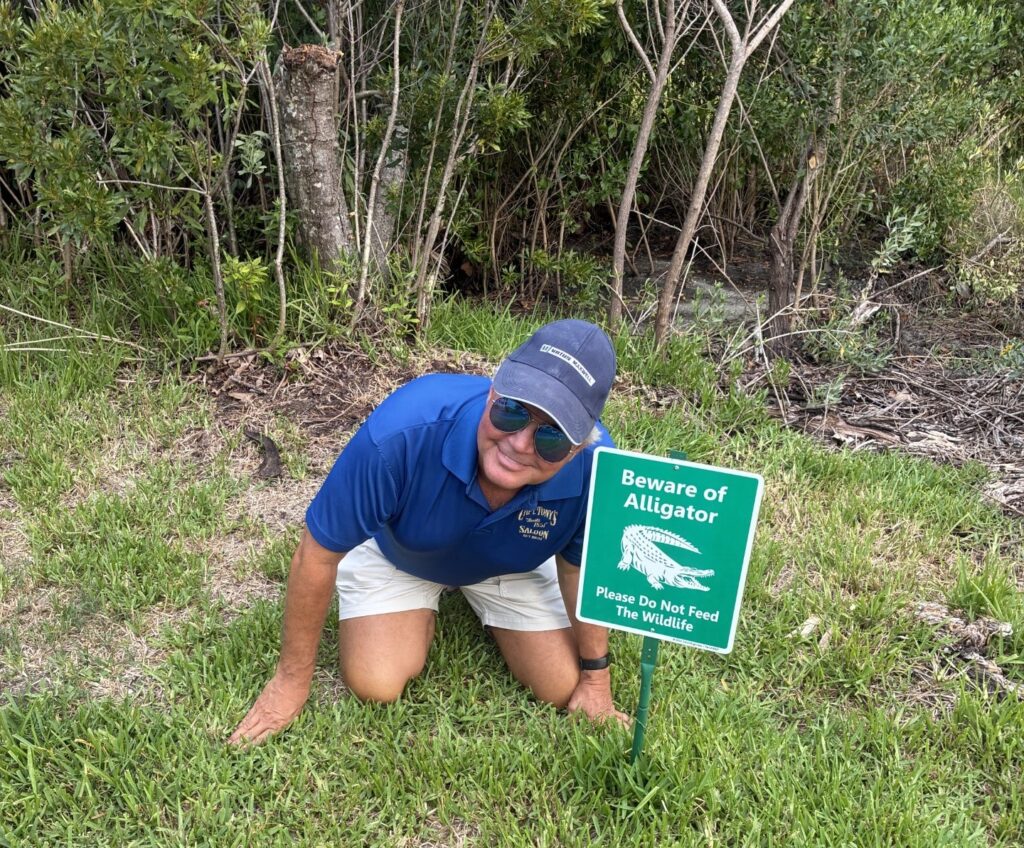
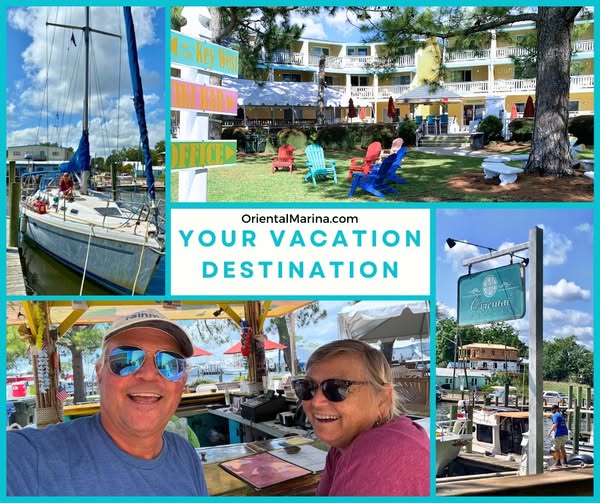
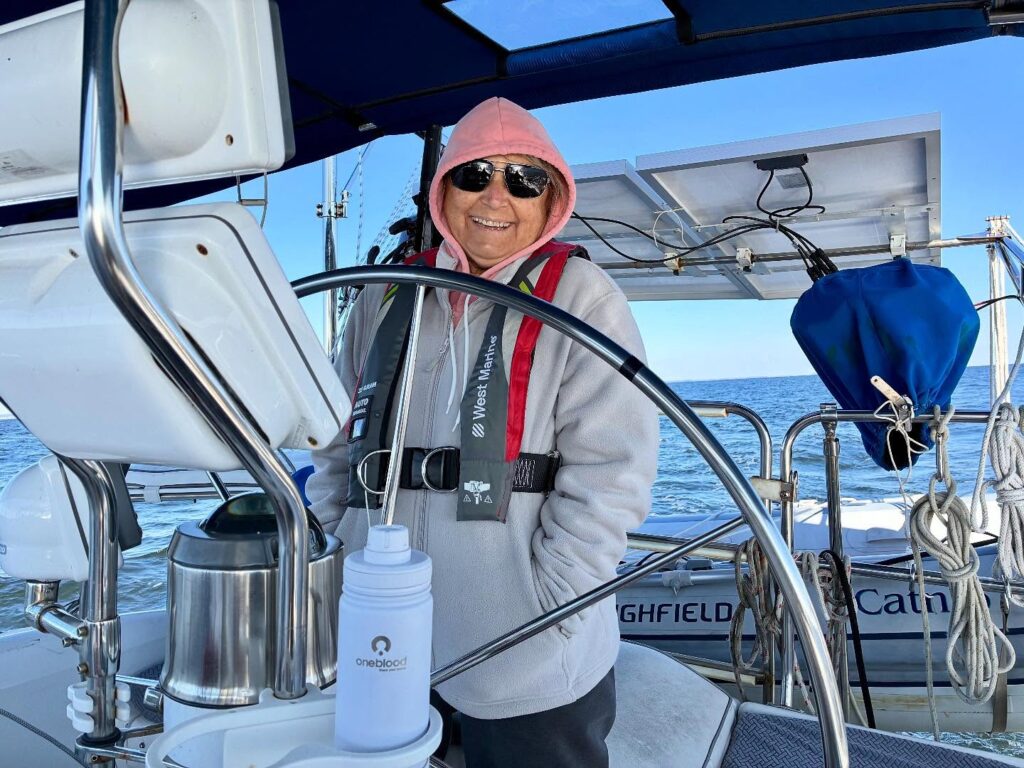
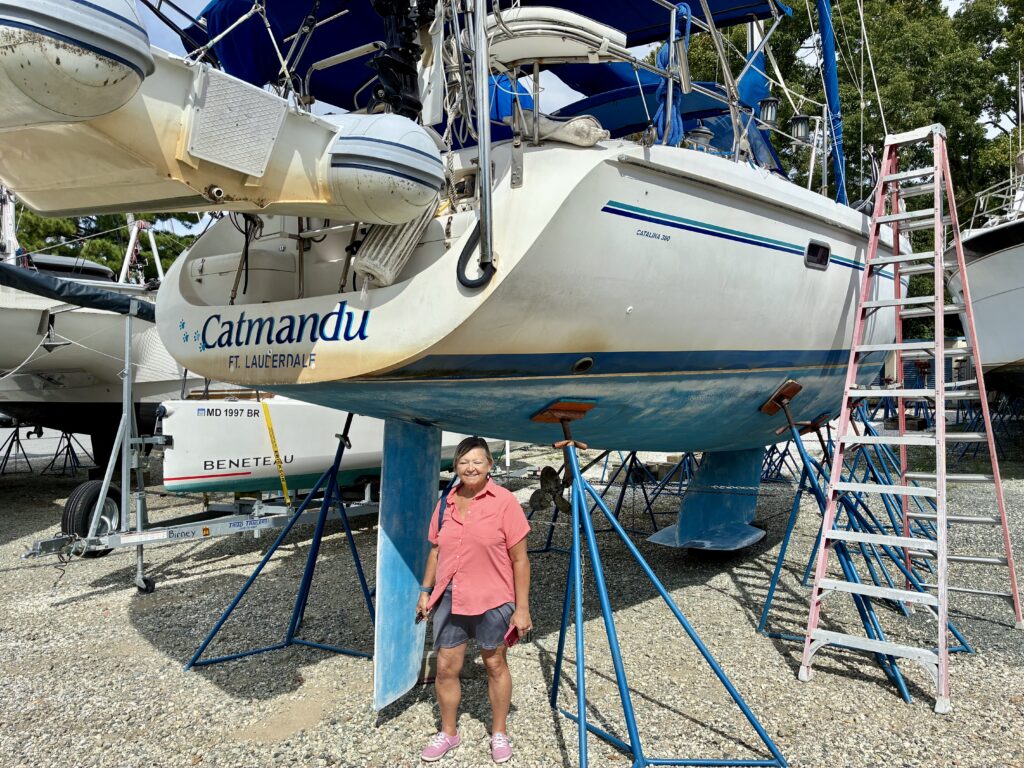
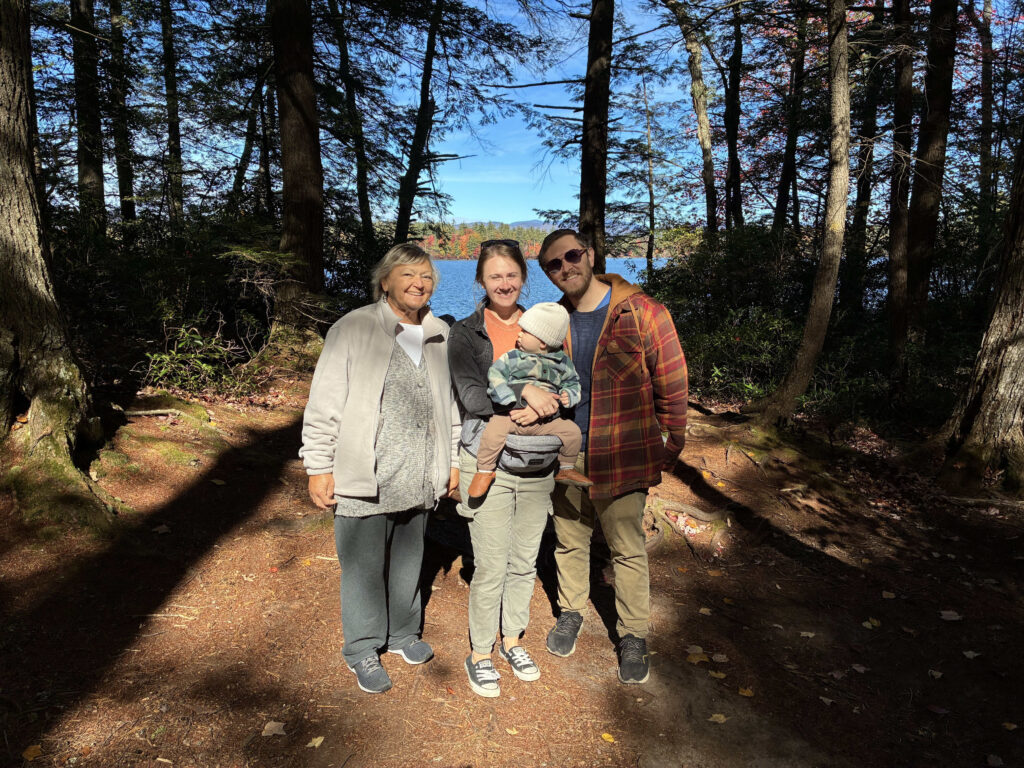
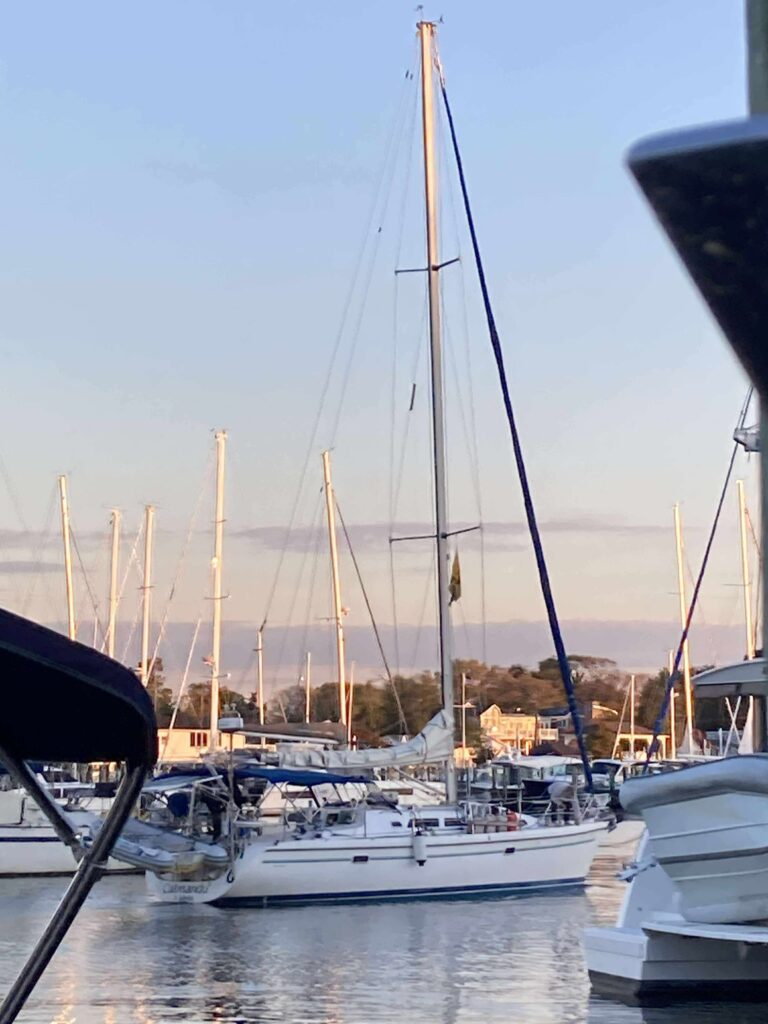
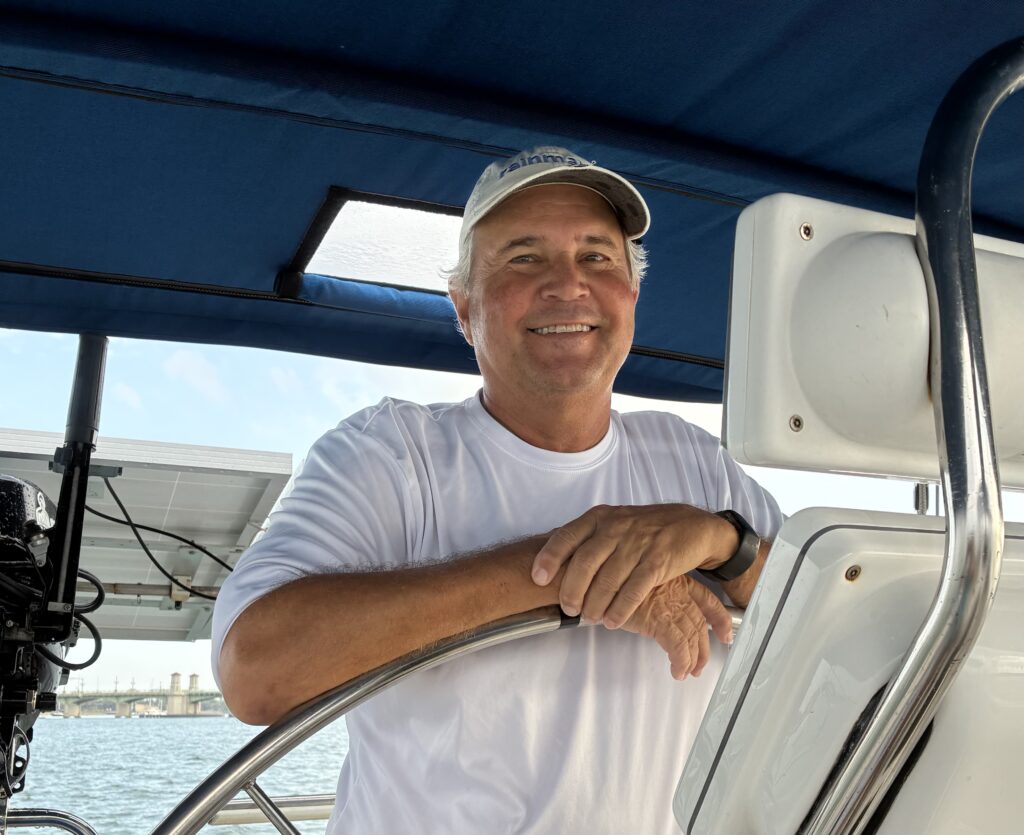
Great story guys. Sorry that we didn’t meet on the way back to Fort Lauderdale. We made a quick trip as you know and our back here waiting for you to come in from your long voyage.
Will be waiting with open arms to reach you back to the land of sun and fun. Safe voyage and see you soon.
Thanks, Bruce! See you soon!